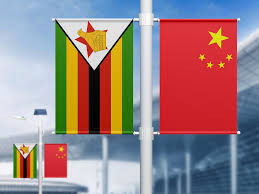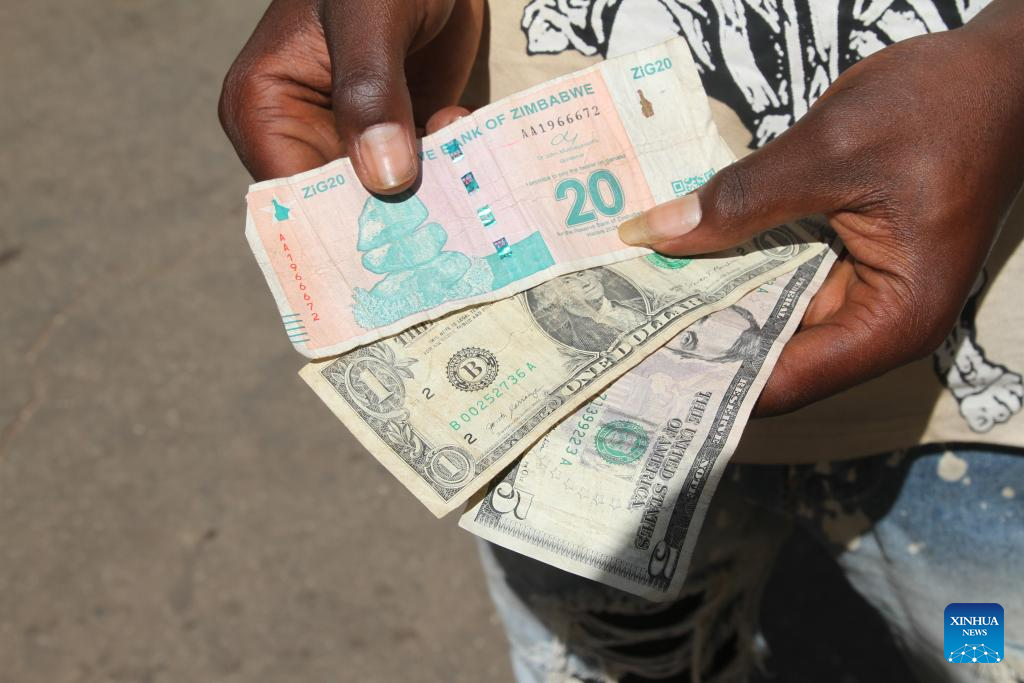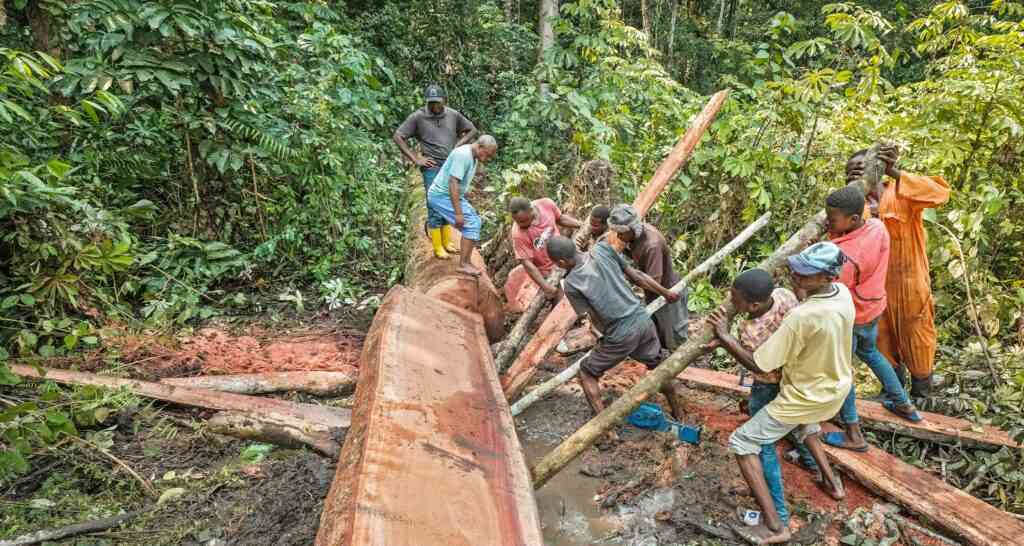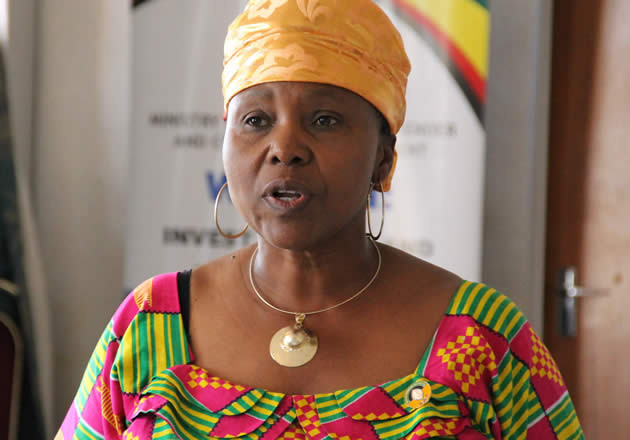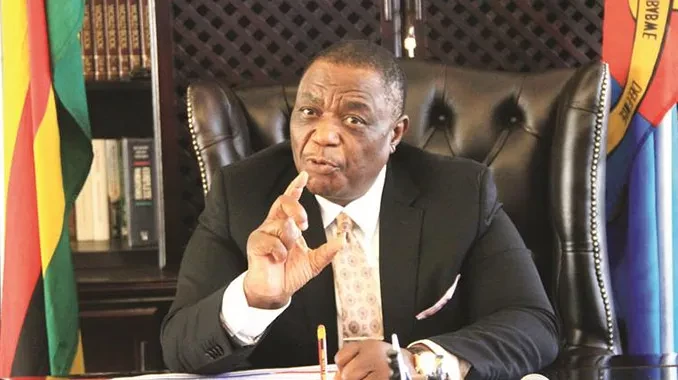
THE war veterans have been full of beans lately, prompting the government’s propaganda tzar, minister Jenfan Muswere to give a strong statement denouncing their “reactionary and unmerited polemic sentiment”.
This was in response to a press conference of war veterans led by one Blessing Geza denouncing the mooted presidential term extension, later also given impetus by a statement from the chair of the War Vets Association, Andreas Mathibela.
The other incident, dear reader, was acting President Constantino Chiwenga’s speech at the heroes acre during the burial of the late Justin Mupamhanga.
In his address, he declared that vision 2030 should not be individualised and denounced corruption in government and looting by tender-prenuers.
This was interpreted as an apparent attack on the presidents’ allies, who are also amongst those vocally pushing for the presidential term extension to 2030.
We will meet in Wedza
But then Zanu PF drama knows no bounds. The two factions clashed in song, with Young-Women-for-ED chairperson and Information Communication Technology, minister Tatenda Mavetera leading Mnangagwa’s faction with the song, “mupanduki chera mwena nguva yakwana (sellout dig a hole, the time has come)” in a thinly veiled reference to Chiwenga, who has refused to support the call for presidential term extension.
Chiwenga’s supporters, not to be outdone also responded, led by expelled former Zanu PF youth leaders Godfrey Tsenengamu and Godwin Gomwe singing, “Siyanai naye Chiwenga munomuvengerei (leave Chiwenga alone, why do you hate him)”.
- Big send-off for Cont Mhlanga
- Massive ZRP vehicle theft scam exposed
- Zanu PF bigwigs face axe in purge
- Village Rhapsody: Health workers’ grievances need permanent solution
Keep Reading
They went on to sing “2030 tonosangana kuWedza (2030 we will meet in Wedza)”. Wedza is the vice-president’s rural home in Mashonaland East.
Forgive me for the longish narration dear reader, I just wanted to give you the context of my musings this week. Let me go ahead and give you my two cents worth of analysis.
Factions rear their ugly heads
Zanu PF’s factional contestations have gathered momentum as the party seeks to resolve the succession question ahead of its crucial 2027 congress.
President Mnangagwa’s allies have signalled an intention to have him remain in power post 2028 general elections. His faction seeks to render the 2027 Zanu PF congress moot by securing a presidential term extension through constitutional amendments.
Chiwenga on the other hand has been quiet for a long time and has only begun signalling a willingness to fight back in recent weeks. This clearly sets the stage for a bruising leadership fight ahead of 2027.
What we must always bear in mind is that in the study of regime cycles in competitive autocracies, heightened factionalism precedes a crisis.
What we wait to see is whether this will be a political crisis or constitutional one - or both. Hopefully, it does not degenerate into a violent one.
Crocodile still?
The Lacoste faction, a broad coalition that catapulted Mnangagwa into power after the unceremonious removal of Mugabe which consisted of the military, Tsholotsho declaration leaders, the war veterans and disgruntled members of the youth and women’s leagues is by all definitions dead.
A faction that fashioned itself a crocodile then, no longer exists. It has self-immolated over time as the president sought to consolidate power through purges and re-assignments and sidelining, especially the war-veterans and the military element.
Loyalties have since shifted. In its place is the “For-ED” faction consisting of a loose coalition of those benefiting from state patronage and seeking to extend Mnangagwa’s rule for their continued benefit.
Key figures in the then Lacoste faction are uncharacteristically quiet like Chris Mutsvangwa, who is reported to also harbour presidential ambitions.
Several war veterans’ groups, who have recently come out denouncing the mooted presidential term extension, have not been mincing their words about their shifted loyalties.
This gives a sense that a faction that once postured as a crocodile might actually have become just a big monitor lizard. Is it too early to tell, President Mnangagwa has been known to be a cunning political operator.
The joys of incumbency
This faction enjoys the advantage of incumbency and operates through formal party structures, and “For-ED” affiliates, with heavy reliance on state institutions.
Its strategy is anchored on legal and constitutional reforms — retrogressive as they may be — party purges, and distribution of rents in the form of lucrative tenders and influential positions to maintain control.
As it controls state media, its political communication sails smoothly, presenting a façade of stability and economic recovery while presenting Mnangagwa as a hard-working president, who has made tremendous achievements deserving of a term extension.
Wounded buffalo?
As it is true that the Lacoste faction no longer exists, the military faction, which aligned with Lacoste in 2017 has by form also waned. After his 2018 electoral victory, Mnangagwa moved swiftly to consolidate his grip on power.
This involved curbing Chiwenga’s influence by sidelining military-affiliated figures and reasserting the influence of the Central Intelligence Organisation, especially in the run up to the 2023 elections.
The purging of military-aligned officials and the restructuring of the security sector signalled Mnangagwa’s intent to neutralise his deputy’s power base.
Health-related challenges also played a role in weakening Chiwenga’s grip, as he spent long periods outside the country for medical treatment.
In his absence, Mnangagwa appointed key loyalists to crucial positions and sent most retired generals to the political Siberia of ambassadorial postings.
This further shifted the balance of power in his favour. Additionally, the 2020 Constitutional Amendment No. 2, which gave the president greater control over judicial and vice-presidential appointments, was a direct move to limit potential internal party competition.
Throes of desperation?
While the Chiwenga faction has been quiet for this long, it has come out with a bullish posture, registering its presence, and the will to fight back. The war veterans have not only declared that they would not accept the presidential term extension, they have gone further to call for the president to go, falling short of verbalising their threat if he does not.
This boldness points to a faction that is either well organised or self-assured to the point of daring, or one that is desperate. Desperate enough to throw all caution to the wind!
For the past few years, Chiwenga has often given off the appearance of a wounded buffalo. Limping, still holding on to the glory days of its prime, but its fate authored by the laws of the political jungle.
But the recent developments have made pundits revise their view of power dynamics within Zanu PF.
The faction’s biggest test would be to prove that it is a strong buffalo, bold enough to charge at a pack of lions and not a wounded one lashing out in desperation, attempting to delay the inevitable.
Organising will be a struggle
The strategy of Chiwenga’s faction lies in creating strategic alliances to push for internal renegotiation of power. Without control of the party’s political geography in the form of formal structures, and without a grassroots base for popular support, this faction will require innovative political manoeuvring.
One strategy would be to operate through informal military networks and war veteran groups. Another strategy would be to create an alliance with the G40 and adopt its sleeper structures deeply embedded within the fabric of Zanu PF.
On political communication, this faction has an uphill task as it has struggled to gain significant momentum on state media and has only recently started to gain ground in independent media that is opposed to the status quo.
In his turning point address at the heroes’ acre, Chiwenga leveraged nationalist rhetoric while appropriating the liberation struggle to demonstrate that the other faction is selling out those ideals.
The vice-president has consistently denounced corruption, a stance that has endeared him to suffering Zimbabweans both within and without the party.
Sober view
The events of the past week have seen excitable pundits throwing around all manner of high-sounding speculation about an impending political showdown.
They have gone on to raise its equivalency to the 2017 ouster of Robert Mugabe. It is premature to throw around all manner of bold speculation about the Chiwenga faction.
Indeed, the conduct of war veteran leaders point to a powerful broker in the form of the military, who would rather not show their hand but are content with firing warning shots. Pun intended.
The hope is that this would persuade the Mnangagwa faction to reconsider its manoeuvres and possibly abandon its agenda. It is not yet clear how far the faction will be willing to go. Or how much political capital it has now.
It is still early days. This is a long game that will hit the crescendo in 2027. What is true though is that the party dynamics that resulted in the 2017 coup have shifted significantly.
The Zanu PF succession contest will be won by a faction that can organise a broad coalition within the party, as well as outside of the party.
The key actors, who will matter most, are the military, the war veterans, the leagues, the provinces, the G40 faction and the legitimate opposition.
There are already fissures within the youth league and it remains to be seen how loyalties will shift within the party.
What is also true is that the heightened factionalism points to the authoring of a crisis. When Zanu PF factions rear their ugly head, nothing else matters except the whims and vagaries of the parochial succession race.
Government abdicates its duty, and public resources are commandeered towards factional interest. And it is ordinary Zimbabweans who will suffer, as always!
This is my sober view; I take no prisoners.
- Dumani is an independent political analyst. He writes in his personal capacity.

